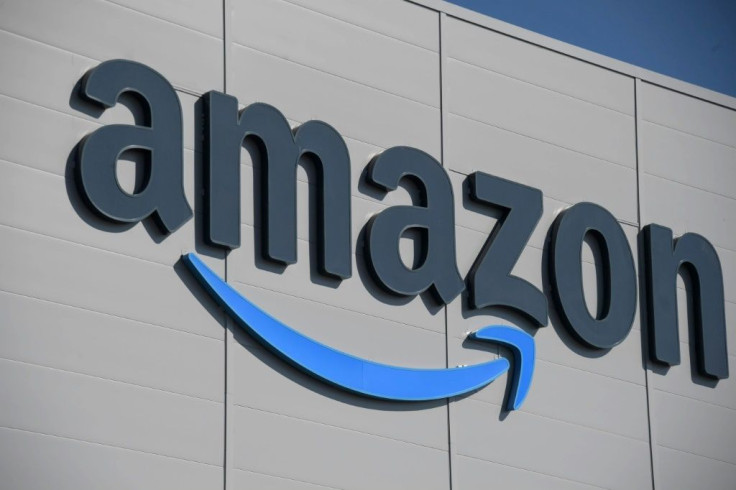US Seals Agreement To End European Digital Taxes
The United States has resolved a key point of trade friction with Europe after inking a deal to end controversial digital services taxes on American tech giants.
Washington said Thursday it will remove punitive tariffs on products from Austria, France, Italy, Spain and Britain as part of the deal -- a critical step in improving frayed relations even though the duties were never imposed.
Under the joint agreement, those countries will end taxes on Big Tech companies once a global minimum corporate tax deal takes effect, which is expected in 2023.
Any levies paid for the DSTs in the interim will be credited to future tax bills, according to the deal.
The United States argued for immediate withdrawal of what it said were discriminatory fees on American tech giants like Amazon, Apple and Google, while the countries preferred to wait until the new tax regime was implemented.
"This compromise represents a pragmatic solution," the countries said in a joint statement
Nearly 140 countries early this month reached a agreement on a 15 percent minimum tax under the auspices of the Organization for Economic Co-operation and Development (OECD).
That historic move aims to put an end to corporations sheltering profits in low-tax haven countries, and would address the issue the DSTs aimed to solve.
"We reached our agreement on DSTs in conjunction with the historic OECD global agreement that will help end the race to the bottom over multinational corporate taxation by leveling the corporate tax playing field," US Trade Representative Katherine Tai said in a statement welcoming the deal.

Washington announced 25 percent punitive duties on products from several countries in retaliation for the DSTs.
Although they were never collected as officials sought a broader tax pact, the announcement that they will end officially removes the threat hanging over French cosmetics and handbags, among other goods.
However, President Joe Biden still has not rolled back the steep tariffs on imported steel and aluminum imposed by his predecessor Donald Trump under the guise of national security.
Tai met Thursday with the European Steel Association and noted productive discussions on the issue, but stressed that "global steel excess capacity and consequent market distortions that pose a serious threat to EU and US workers and producers," according to a USTR release.
Even with that dispute still unresolved, officials and industry cheered Thursday's deal.
"Good news! I welcome today's agreement," EU Trade Commissioner Valdis Dombrovskis tweeted.
"It takes us another step forward in cooperating on corporate tax following the landmark global deal at @OECD."
The Computer & Communications Industry Association which has long called for immediate withdrawal of unilateral digital taxes, also welcomed the deal.
"It is encouraging that the new consensus on global tax reform already appears to be reducing international tax and trade tensions," CCIA President Matt Schruers said in a statement.
Britain's finance minister Rishi Sunak said Thursday's deal provides a transition period for the country's DST.
"This agreement means that our Digital Services Tax is protected as we move to 2023, so its revenue can continue to fund vital public services," he said in a statement.
© Copyright AFP 2024. All rights reserved.





















